-
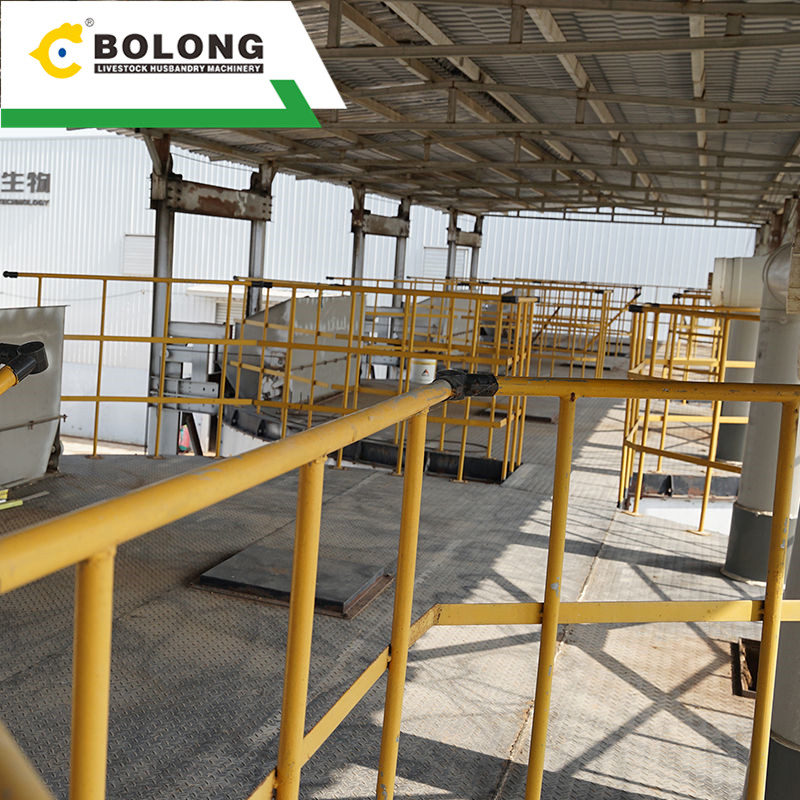
A new strategy to increase compost carbon fixation: Shell powder
2024/6/1/ · The low copy number of mmoX during composting did not determine the emission of CH 4. mmoX has the effect of converting CH 4 to methanol which was harmful to microorganisms during composting. As composting proceeded, the amount of mmoX in T was significantly less than that CK, suggesting that SP has a function in protecting the
Get Price -
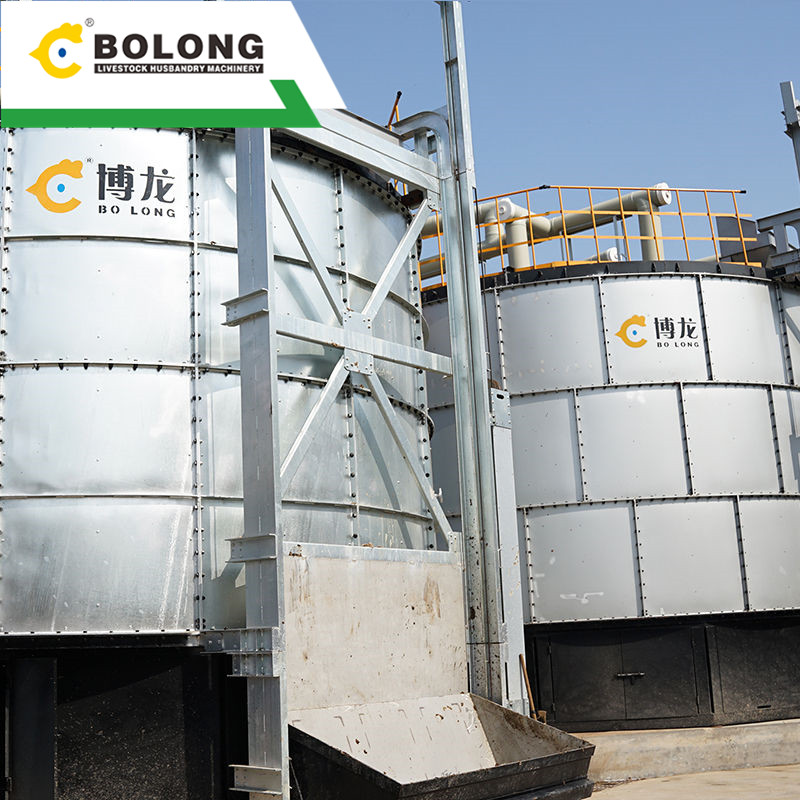
Greenhouse gas emissions from organic waste composting
2015/5/26/ · The use of compost in agriculture has a positive effect in GHG emissions since its application as an organic amendment provokes that carbon stays bound to soil, although the content of other nutrients (N, P, etc.) is typically low. GHG emissions from composting processes depend on the waste type and composition, the technology
Get Price -
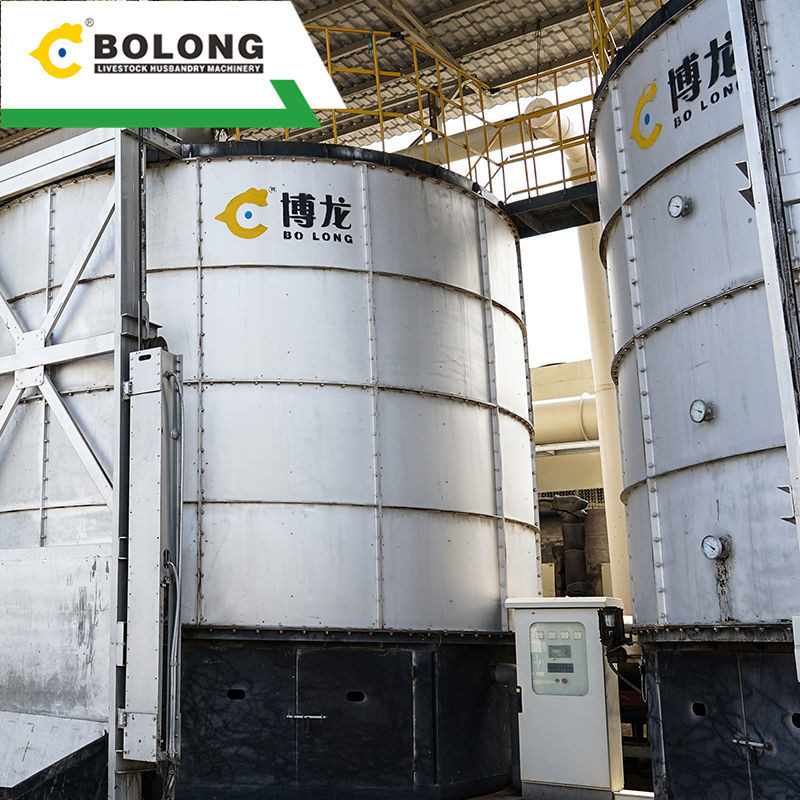
The Ultimate Guide to Efficiently Collecting Methane from Compost
Learn effective techniques for collecting methane from compost to harness its potential as a renewable energy source. Discover step-by-step and expert to optimize your composting process for maximum methane extraction. Start reducing greenhouse gas emissions and contributing to a sustainable future today!
Get Price -
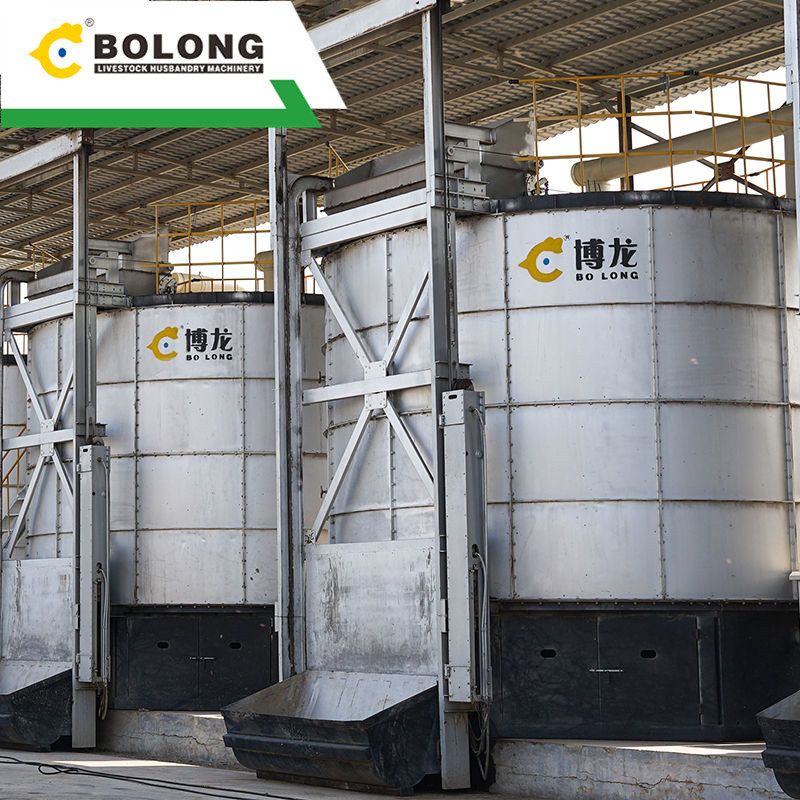
Low greenhouse gas emissions during composting of solid swine manure
2011/6/23/ · Methane and N 2 O fluxes during composting of solid swine manure were studied using three aeration systems being, forced aeration (FA), wire mesh (WM) and turnover (TO) and no aeration, for 85 d to suggest strategies of mitigating GHG emissions during composting. Manure was collected from a swine research barn by a scraper
Get Price -

Greenhouse Gas from Organic Waste Composting: Emissions
2015/1/1/ · The use of compost in agriculture has a positive effect in GHG emissions since its application as an organic amendment provokes that carbon stays bound to soil, although the content of other nutrients (N, P, etc.) is typically low. GHG emissions from composting processes depend on the waste type and composition, the technology
Get Price -

Composting | Project Drawdown
In 2015, an estimated 38 percent of food waste was composted in the US; 57 percent was composted in the EU. If all low-income countries reached the US rate and all middle-income countries achieved the EU rate, composting could avoid methane emissions from landfills equivalent to 1.13–1.40 gigatons of carbon dioxide by 2050.
Get Price -

Environmental assessment of two home composts with high and low
2014/9/1/ · The compost with high gaseous emissions during the composting process was 4, 5 and 52 fold higher for the CH 4, N 2 O and NH 3, respectively, than the compost with low emissions. The high emission of the composting process affected the impact categories of AP, EP, GWP and POP.
Get Price -
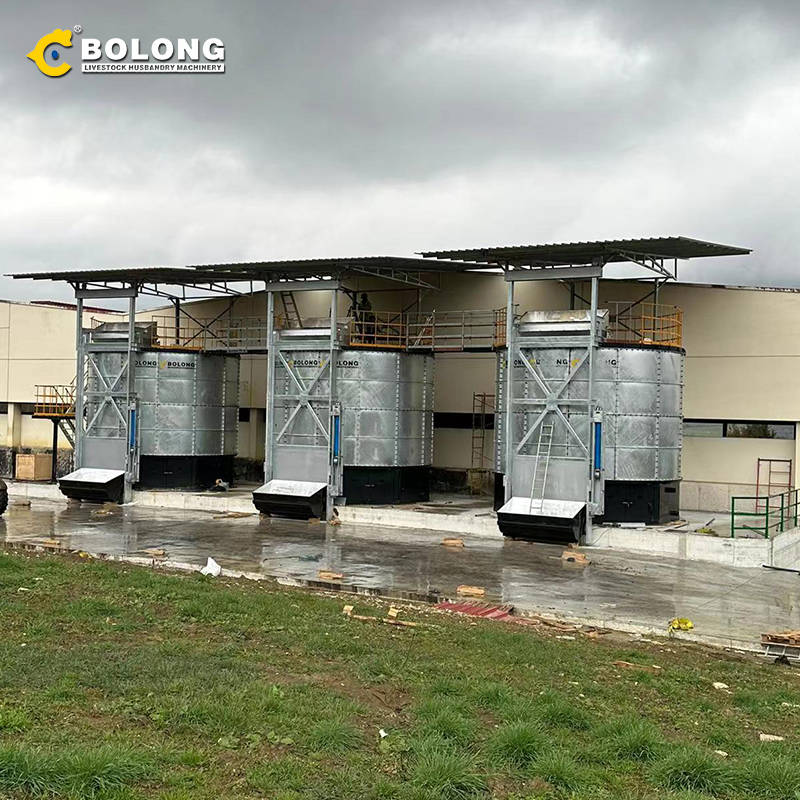
Greenhouse gas and ammonia emissions from production of compost bedding
2017/12/1/ · A study on aerated composting of liquid swine manure combined with wheat straw concluded aerated composting reduced N 2 O and CH 4 emissions to as low as 30% when compared to storing the liquid swine manure without treatment, while non-aerated composting increased emissions, especially of CH 4 (Thompson et al., 2004).
Get Price -

Addressing the gaseous and odour emissions gap in
2024/4/15/ · 1. Introduction. Composting is a well-known technology for the treatment and valorisation of biowaste. Biowaste composting presents several challenges as the potential presence of impurities or pollutants, but probably the main problem concerning their massive implementation is the emission of some gases with several negative effects
Get Price -
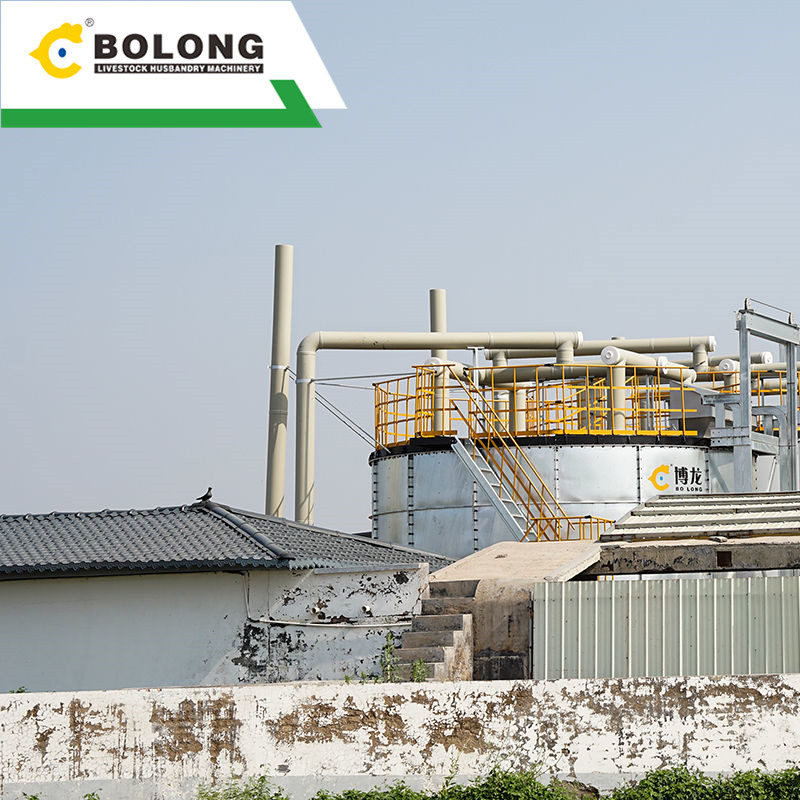
Article - Low-Input Composting
Low-Input Composting. by Steven Wisbaum. Revised September 2021. Composting is considered both an art and a science, and as such there are many for making compost, and also many competing theories around which method is best. In particular, for turned-windrow compost operations, high-frequency turning is sometimes promoted as
Get Price -

Assessing the climate change mitigation potential from food
Emission factors (EF) ranged from 6.6 to 8.8 kg CH4–C/Mg wet food waste and were driven primarily by low redox and watering events. Composting resulted in low N2O emissions (0.01 kg N2O–N/Mg
Get Price -
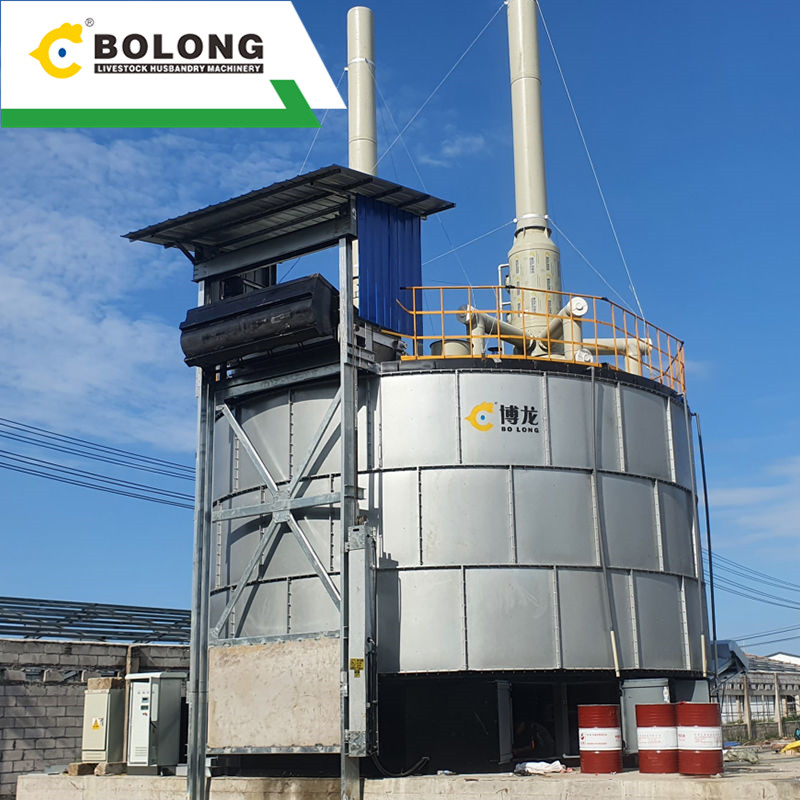
The ComPOSTer: How much can composting help in solving the
2020/3/4/ · The study found that composting organic waste versus landfilling it can reduce more than 50% of carbon dioxide-equivalent greenhouse gas emissions, for a total of 2.1 gigatons between now (2020) and 2050
Get Price -

How composting can reduce our impact on the planet - UNEP
2021/7/27/ · Proper composting of the organic waste we generate in our daily lives – inedible or unused food – can reduce the dependence on chemical fertilizers, help
Get Price -

From waste to wealth: exploring modern composting - Springer
2023/11/11/ · The adoption of low-emission composting contributes to climate change mitigation by diverting high-emitting waste streams to composting and
Get Price -

Assessing the climate change mitigation potential from food waste
2023/5/10/ · Composting resulted in low N 2 O emissions (0.01 kg N 2 O–N/Mg wet food waste). The overall EF value (CH 4 + N 2 O) for food waste composting was 926 kgCO 2 e/Mg of dry food waste.
Get Price
E-MAIL: blzzgg123@gmail.com
TEL: +8613323926737